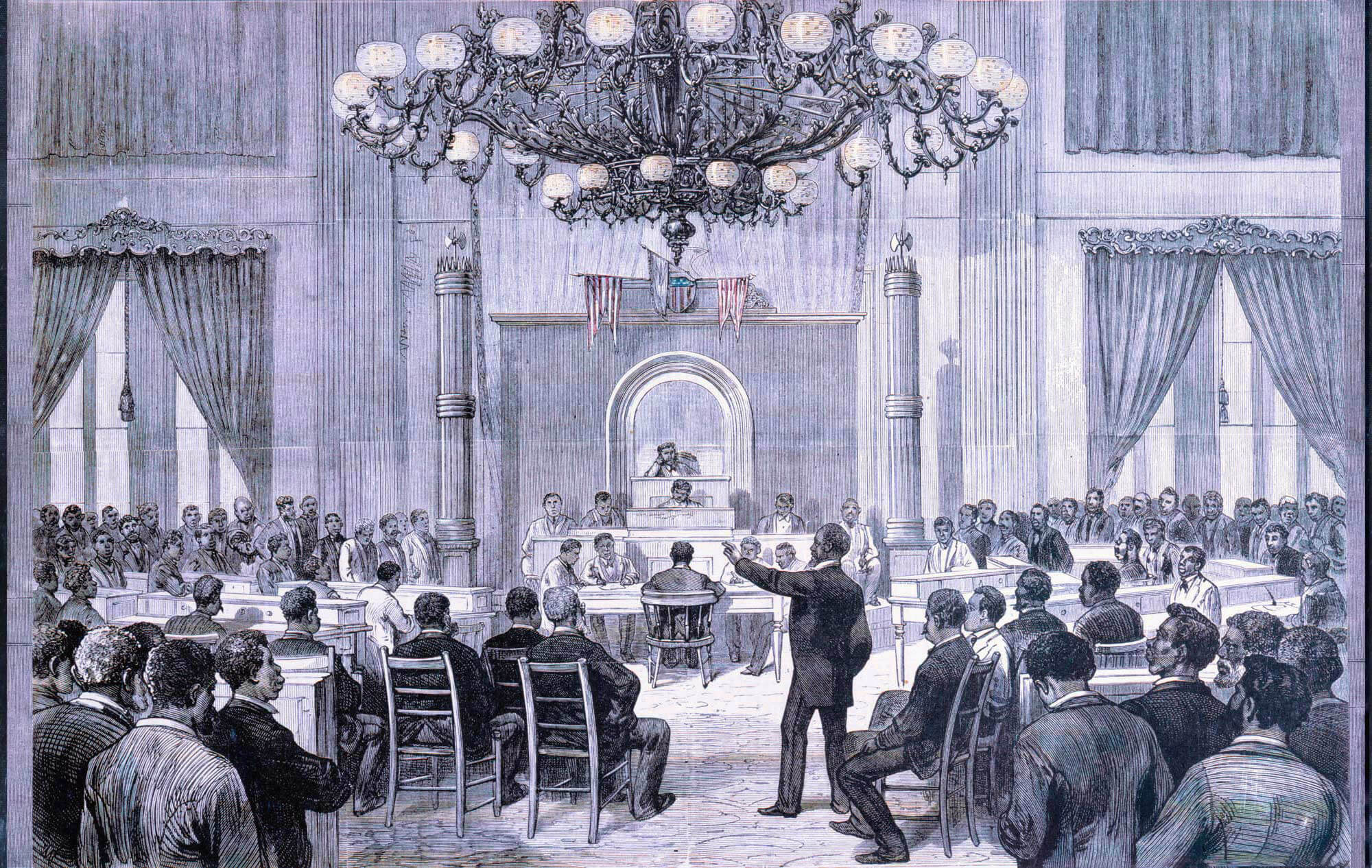Monday, January 28, 2019, 9:00 a.m. – Noon
102 Weaver Building
Free and Open to the Public
9:00-9:45 a.m.: Nydia I. Pontón-Nigaglioni, Ph.D. Candidate, Anthropology, Temple University
“Hacienda La Esperanza and the Material Culture of the Enslaved: Consumers, Traders, and Producers”
My research focuses on the identification and interpretation of the archaeological footprint of the human experience during enslavement in nineteenth century Puerto Rico. Research showed that enslaved individuals upheld their own cultural identities by becoming active yet highly restricted participants and consumers of the local market economy. While my doctoral dissertation addressed the role of the enslaved workforce as consumers of mass-produced goods, research in other islands in the Caribbean have addressed the role of the African Diaspora and its descendants as producers. Low-fired earthenware utilitarian vessels are one of the few types of material culture that were predominantly made, used, and traded by enslaved laborers and that survive archaeologically. This presentation will provide a summary of my research as well as address how I intend to expand our knowledge on the material culture associated with the African Diaspora and its descendants, particularly their involvement in the role of pottery production in Puerto Rico.
9:45- 10:30 a.m., Samuel M. Davis, Ph.D. Candidate, History, Temple University
“‘But for the purpose of self preservation:’ Colonization and legal disability in the Old Northwest”
The Old Northwest represented the nation’s first foray into antislavery expansion. The growth of Black and Native removal schemes throughout Ohio, Indiana, and Illinois was indicative of how local citizens sought to make safe and prosperous communities. These twin colonization projects functioned as nation building tools that endeavored to create racially homogenous states. This research explores the connections between racialized legal disability and colonizationist efforts to remove free blacks and Native Americans. Legal disability emboldened colonization ideology and provided cover for its rhetoric of benevolence. Colonizationist rhetoric often described free blacks and Native Americans as dangerous and degraded people that threatened the safety of states in the Old Northwest. Legal disability reinforced colonizationist goals and served as evidence for its benevolence.
10:30-11:15 a.m., Myisha S. Eatmon, Ph.D. Candidate, History, Northwestern University
“Litigants and Liaisons: Black Litigation Strategies and Black Legal Networking in the Face of Jim Crow Violence”
This talk will argue that African Americans used tort law—a form of civil law—rather than criminal law, and legal principles like comportment and vulnerability to seek recourse for white-on-black violence under Jim Crow. By seeking recourse for such violence, through damages claims under tort law, black plaintiffs asserted that black lives, black bodies, and black experiences had value. Additionally the talk will examine the ways that the NAACP helped connect black victims to local branches, local lawyers, and other organizations in order to help them gain access to civil courts. Though the NAACP was focused on its “test cases,” it also served as a legal networking agent in the age of Jim Crow.
11:15-12:00 p.m., Leigh Soares, Ph.D. Candidate, History, Northwestern University
“‘To manage our own seminary of learning’: Black Leadership and Negotiations for Public Higher Education in the South, 1875-1900”
In the first two decades after the Civil War, black educators and officeholders pushed state governments across the South to establish ten public institutions for black higher learning. State-supported black colleges expanded the reach of higher education to rural African Americans, allowing black administrators to retain limited influence over public policy and providing a training ground for future leaders. This presentation illuminates some of the strategies black politicians and educators used to claim public funds and recognition in an era of vulnerable freedoms. It argues they were savvy pragmatists, working under constrained circumstances to hold the state accountable to black citizens. The talk draws on research from my dissertation, Higher Ambitions for Freedom, which uses public black colleges as a lens to view the history of public black leadership and political engagement in the New South.
This publication is available in alternative media on request. Penn State is an equal opportunity, affirmative action employer, and is committed to providing employment opportunities to all qualified applicants without regard to race, color, religion, age, sex, sexual orientation, gender identity, national origin, disability or protected veteran status. Penn State encourages qualified persons with disabilities to participate in its programs and activities. If you anticipate needing any type of accommodation or have questions about the physical access provided, please consult 814-865-6482 or africanacenter@la.psu.edu in advance of your participation or visit. U.Ed. LBS 19-323
